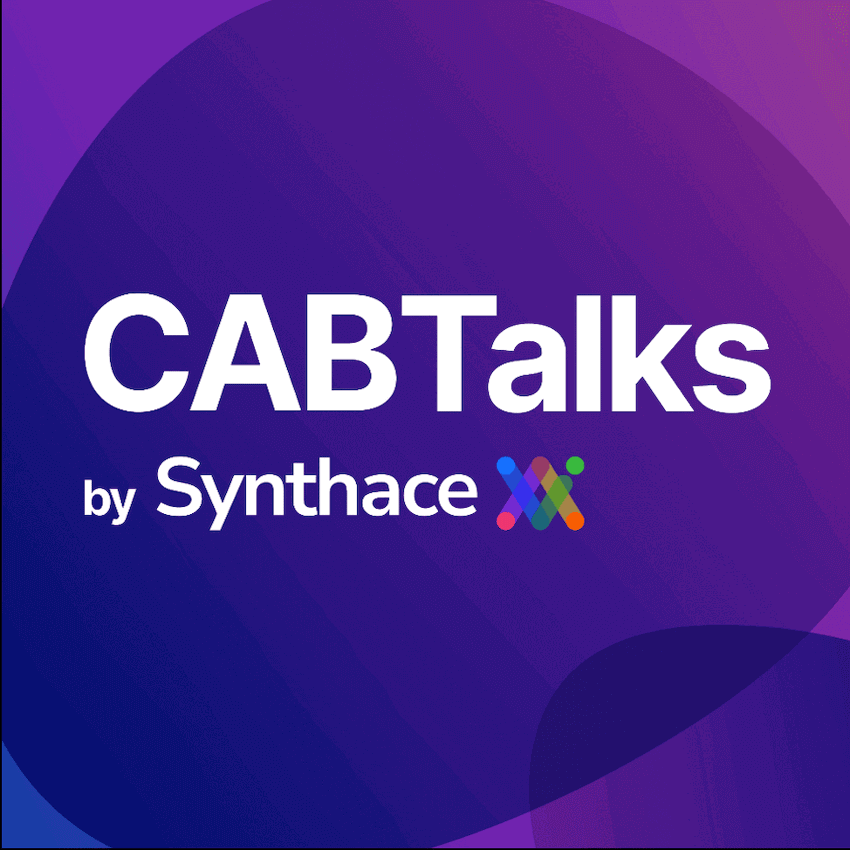Mario Antonio Torres Acosta, Postdoctoral Research Fellow at UCL, joins us to talk about his lab automation journey as an academic, specifically teaching others how to use lab automation.
Mario and Fane delve into the deep nitty-gritty of automation in an academic setting with lessons that apply to those on his automation journey. There’s plenty to cover in this episode, but you can look forward to hearing about:
(5:25 mins) The pandemic forced a mindset shift into using lab automation in order to futureproof their experimentation.
COVID-19 stopped scientists from using their labs, and UCL wanted to learn from this. To transform from a fully wet lab to an automated setting.
But the challenge was big, they didn’t know where to start. Their approach is to change the mindset of the department little by little, starting with the question: “How will automation improve your everyday life in the lab?”
Small introductions to highly integrated robots like liquid handlers and an easy to use platform for experimenting in small doses helped to grease the wheels of change.
(11:30 mins - 16:21mins) Automation and expertise are fluid, so should be the approach to adopting it and to think in the long term.
Every scientist has a degree of expertise with automation. Some may know how to code well, some might not.
The important thing to know is that scientists need to have the option to fluidly use automation because it might not apply to every experiment–nor should it.
It should also be something that can be passed down from generation to generation. Automation with legacy.
(21:19 mins) Commitment is a big barrier to adopting lab automation, but it can be overcome when you’re clear about the detail of it.
Not knowing the specifics of the commitment to learning lab automation and the effort required to understand it often puts scientists off committing to using it in the first place. It’s a big barrier to entry.
However scientists will adopt lab automation quicker if they understand up front what they’re committing themselves to. What are they learning? How much time will it take? Then they will see it’s not such a big challenge.
(32:50 mins) Addressing the automation skills shortage in life sciences starts in academia
Collaboration is the key. Collaboration with other departments, other universities, and other entities. The more scientists are exposed to lab automation the faster research will expand.
And having accessible lab automation is going to help achieve this goal.
Listen to the podcast to follow the conversation. If you have questions about this podcast - hello@synthace.com is only an email away!
CABTalks by Synthace
Discover opinions, advice, and stories from life science experts, including data scientists, biologists, investors and engineers.

